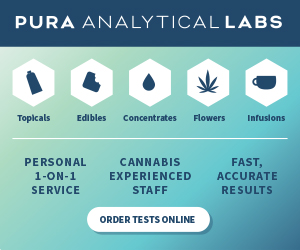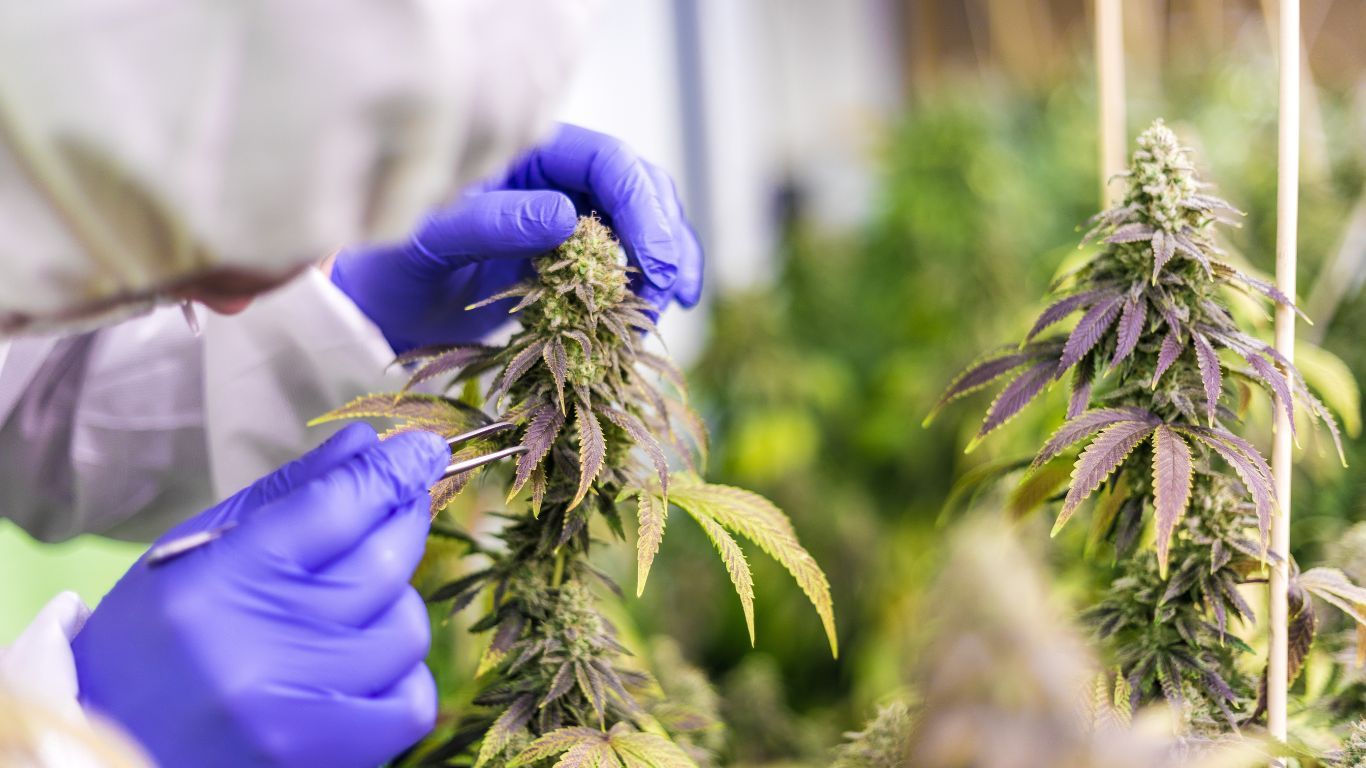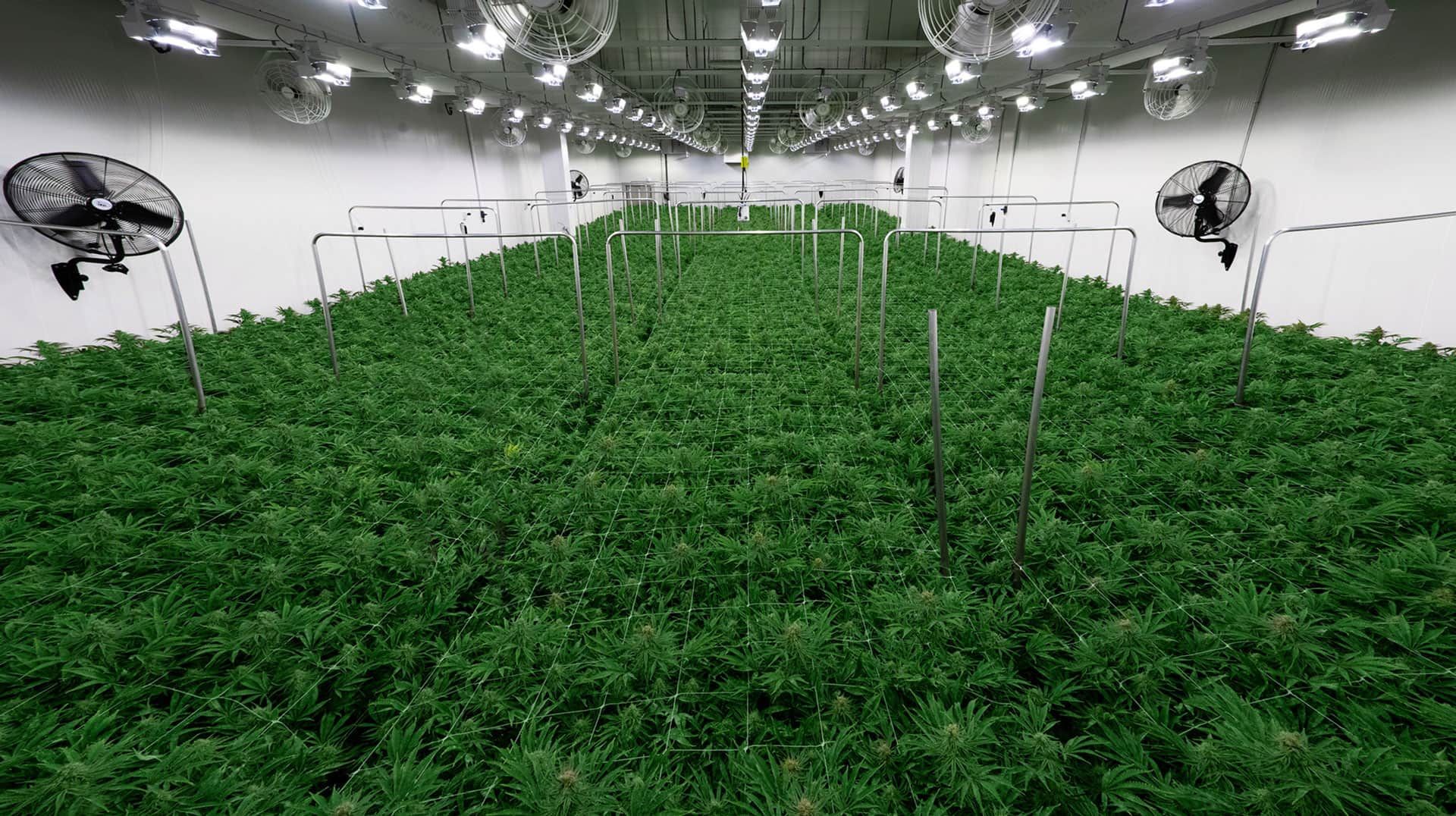
The cannabis industry has been criticized for poor environmental practices. Some products are made with palm oil, and brands have been slow to embrace environmentally conscious packaging – though that’s hardly the industry’s fault.
One area where there’s been some buzz has been around vape recycling. However, this is a complex process that comes with its fair share of challenges. Battery recycling already exists, but cannabis cartridges include a mix of metal, plastic, and at times substantial residue.
Back in December of last year, the Cannabis Council of Canada (C3) announced that it had partnered with 48North, Aurora Cannabis, Aphria, Canopy Growth, and Cronos Group to pilot a national vape recycling program.
The retailers are essential – they’re on the front line… and can help to make this a success.
George Smitherman, C3
“We’ve been having a larger conversation, and expect that as we move beyond the pilot more of the industry will come on board,” says George Smitherman, President and CEO of C3. “We’ll be keeping other LPs posted as we progress.”
In the program, the LPs provide access to numerous retailers, who place vape recycling boxes on their counters. The boxes, which have a collection compartment for vape pens and batteries, and another for cartridges, have been sent out to more than 200 stores in BC, Alberta, and Ontario.
“The retailers are essential – they’re on the front line,” says Smitherman. “The budtenders have the relationships with the consumers, and can help to make this a success.”
C3 and its industry partners also enlisted Canadian e-recycling provider Quantum Lifecycle Partners (‘Quantum’), to handle the various elements embedded in vape technology.
“There are two specific challenges related to recycling this product stream,” says Clayton Miller, Vice President, Business Development, Recycling for Quantum. “First, the presence of cannabis resin means the product needs to be treated with utmost security and care when it comes to disposal. And second, batteries are a challenge for electronics recyclers because that can be a fire hazard in the shredding process.”
Miller says that Quantum is familiar with the high-security requirements of its customers, so that isn’t an issue. And the opportunity is real, even though demand is small at present.
“This is a growing market,” says Miller. “We hope to play a role in the development of comprehensive and robust recycling solutions for vape products.”
Ideally, retailers are more than participants and are keen on advising consumers to fill the boxes. From there, returning the boxes is critical to the program’s success. The size of the program also matters.
Not many customers know that vapes can be recycled, so I think more awareness is key to the success of not only the program but the industry as a whole.
Amber Craig, FOUR20 Premium Market
“We actually took part in another vape recycling project with Auxly Group that launched in October 2020, but we could only get eight of our locations into the program,” says Amber Craig, Chief Merchandising Officer at FOUR20 Premium Market. “So, when this other recycling opportunity with Cannabis Council of Canada was presented to us, we added the rest of the stores in our portfolio to the program.”
If the customer is central to the process, then that means that consumer education is critical. At present, not many customers are asking about vape recycling, which puts the onus on retail staff to make it a talking point. Many customers are still looking for disposable vape pens, and it’s up to the retailers to inform them that that’s not sustainable.
However, the COVID-19 pandemic has made this entire process much more difficult. As a result of the lockdown, C3 is still in the early stages of data collection. Because there has been less store traffic, fewer than 10% of the recycling boxes have come in. C3 will be working closely with its retail partners over the summer to get the remaining units.
“We’ll need to get a high percentage of boxes returned in order to get meaningful data,” says Smitherman. “This is a highly specialized product, and it would be hard to leverage the data on small volumes. However, I think we’ll get enough back, and in fairly short order.”
There was a slowdown during the height of COVID-19, however, as stores began to open more, we have seen the recycling levels rise back up.
Alex Payne, TerraCycle
There has also been movement toward more general cannabis packaging recycling, notably with the Cannabis Retailer Recycling Program, which was launched in December of 2019. This program is led by two LPs, Tweed and Tokyo Smoke, with the recycling being handled by TerraCycle, and has also been hit by the COVID-19 lockdown.
“There was a slowdown during the height of COVID-19,” says Alex Payne, a spokesperson for TerraCycle. “However, as stores began to open more, we have seen the recycling levels rise back up.”
Overall, this program has seen some success. It includes both the Cannabis Packaging Recycling Program and the Cannabis Vapes Recycling Program, which accepts all Canopy Growth produced vape products, including cartridges and batteries. To date, over 9.4 million pieces of cannabis packaging waste have been recycled by TerraCycle.
One issue is that, when it comes to cannabis product recycling, there is more interest in, and awareness of, general packaging issues.
“Not many customers know that vapes can be recycled, so I think more awareness is key to the success of not only the program but the industry as a whole,” says Craig from FOUR20 Premium Market. “Flower packaging is what we get asked about most when it comes to recycling. We’re in the midst of developing an additional recycling option for other cannabis packaging besides vapes.”
Though the pandemic has certainly slowed uptake, the movement appears to be gaining some momentum. Earlier this year, C3 launched its Sustainability Caucus, which has expanded to include packaging.
“People don’t have to be C3 members to be part of the Sustainability Caucus,” says Smitherman. “We welcome affiliates, as we want to democratize the process. We have other caucuses, too, including the Vape Caucus, which helps address a lot of the regulatory action in the vape area.”
One issue worth addressing is that recycling isn’t considered in the design from the outset.
“This means choices are made which may raise the cost of recycling down the line, or even make it nearly impossible,” says Miller from Quantum. “Since the cost of recycling has historically been borne by the consumer, this isn’t something most producers have historically considered.”
One bright light is the Ontario Government’s recent transition to Extended Producer Responsibility for products such as tires, packaging, batteries and electronics.
“This is a first step toward putting those costs back to the producer,” says Miller. “Over time, we believe this will result in a range of products being released into the market that will ultimately be easier and more economical to recycle.”














